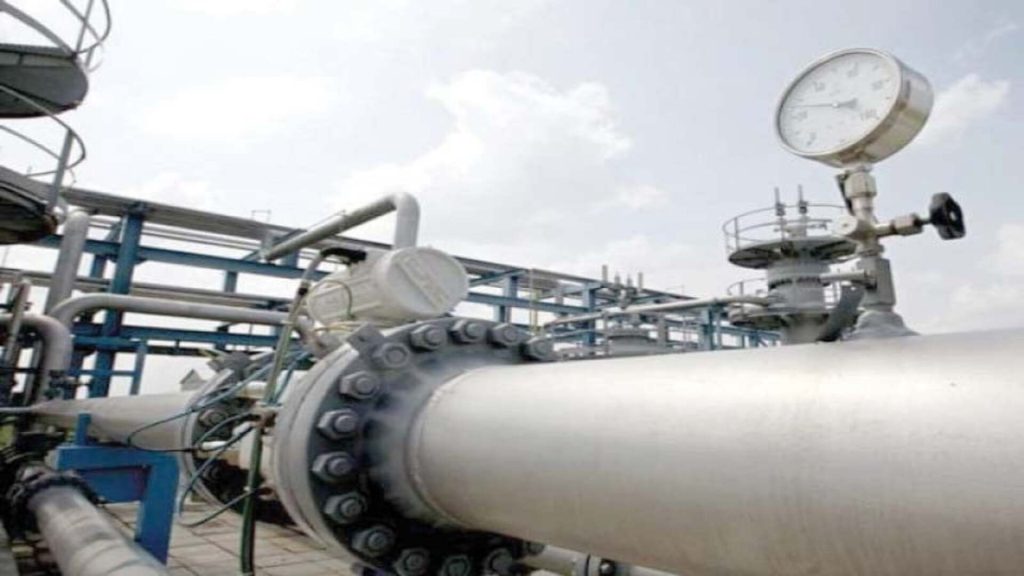Once again, Pakistan faces the threat of litigation in an international court – this time, however, it is regarding the Iran-Pakistan Gas Pipeline Project (IP). Prime Minister Shehbaz Sharif has taken up the matter and intends to use diplomatic channels to avoid a legal battle between the two countries.
Sources told that the premier has been sensitised to the situation. Officials familiar with the development said that Iran claims that it has already spent $2 billion to complete its part of the pipeline in its territory. Pakistan, on the other hand, has not even begun working on the construction.
Previously, under pressure from Saudi Arabia, the Pakistan Muslim League-Nawaz (PML-N) government decided to shelve the LNG Gwadar Pipeline. At the time, Pakistan was of the view that it would build the 80 kilometres pipeline connecting to Iran-Pakistan if the situation between the United States (US) and Iran stabilised.
In 2017, Saudi Arabia entered into a diplomatic row with Qatar, and built pressure on Sharif to shelve both the Iran-Pakistan gas pipeline and the LNG contract with Qatar.
Pakistan, however, only shelved the LNG Gwadar deal – which was considered to be part of the IP gas pipeline project – and continued the LNG deal with Qatar.
Officials say that Iran was now left with no option but to file a case in the international court.
“If Iran does not file a case in the international court, it will have to withdraw claims against Pakistan that it may file in case the project is not completed,” said officials, adding that, “If Iran does not go to international courts, it will effectively be surrendering claims worth $18 billion on the IP gas pipeline project.”
Although Iran had not intimated its decision to Pakistan about filing a case, Pakistani authorities are of the view that it could start a legal battle to secure its rights on the IP gas pipeline project.
The petroleum secretary had recently informed the Public Accounts Committee (PAC) that Pakistan was facing a threat of claims worth $18 billion due to failure to start construction work on the IP project.
Sources say that the prime minister is looking to use his clout to find a way to avoid a legal battle.
Historically, Pakistan and Iran have enjoyed good relations, especially during the reign of the Pakistan People’s Party (PPP).
During Asif Ali Zardari’s presidency, both countries had signed a Gas Sales Purchase Agreement (GSPA) which bound Pakistan to start construction work on the IP project. Officials and experts now say that, given the current situation, Foreign Minister Bilawal Bhutto could play a pivotal role in manoeuvring the countries away from a legal battle.
In the past, Pakistan used to import Iranian oil – supply, however, was stopped in 2010 when Pakistani refineries failed to make their payments. Although payment was never a big deal between the two nations – both had worked out currency swaps and barter trade arrangements – experts believe the primary reason behind the fall out was that the US was not ready to show flexibility in its stance regarding oil and gas trade between Pakistan and Iran.
After US President Joe Biden took office, Pakistan had hoped that it could acquire a waiver from the US to start work on the project. This, however, has not happened.
Courtesy Express Tribune





